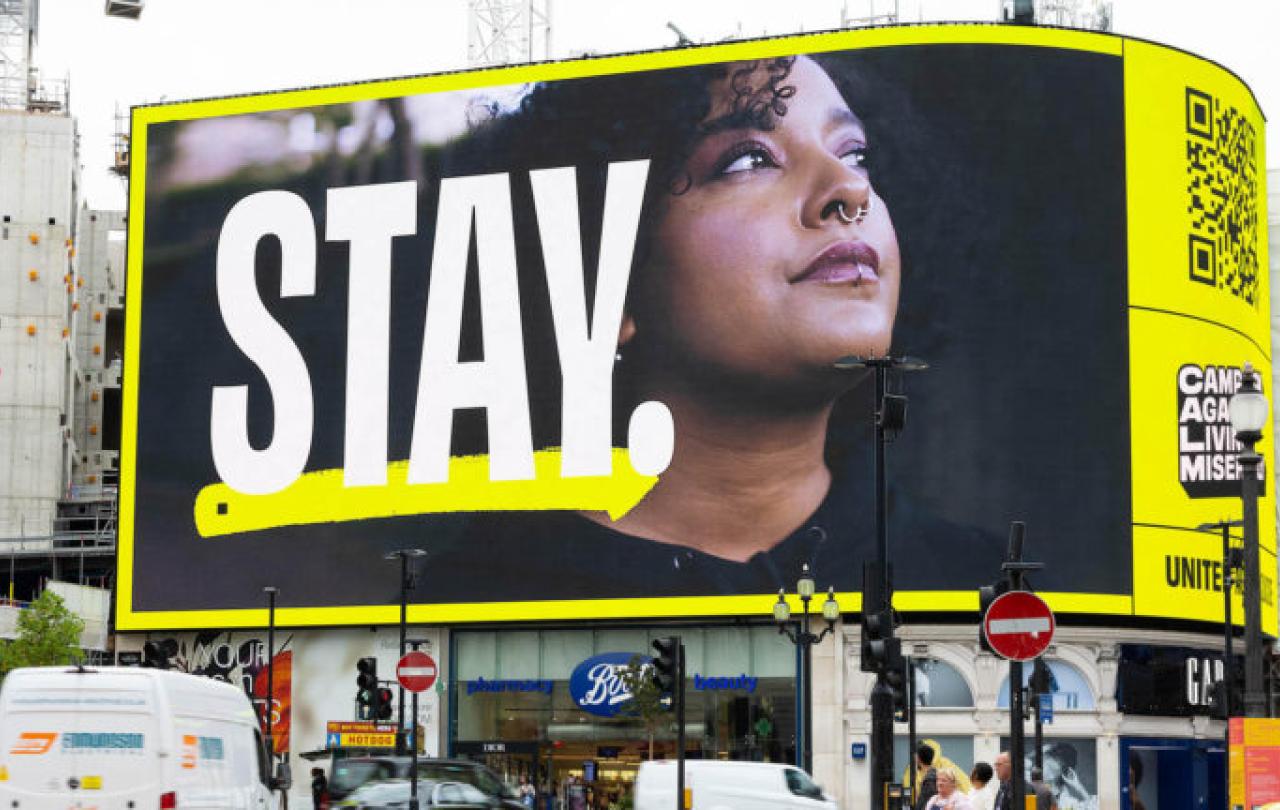
So, the House of Commons has voted in favour of assisted suicide. When the result was announced there was an audible gasp in the House. There were no cries of victory or whoops of delight. Maybe it was a sense of the gravity of what the MPs had just done. Presumably there was some relief for those who had advocated a change to the law but for those who were against it, a deep, deep sadness.
The arguments have been rehearsed many times over the past few weeks, although to be honest it feels like this debate has been extraordinarily rushed, given the gravity of the step we have just taken. Of course, the bill now needs to be scrutinised and voted on further, and it may yet fail.
Of course, not every Christian is against a change to the law. And I do feel the strength of the argument for individuals in extreme pain as death approaches. Yet the more I have thought about it, the more convinced I have become that this is a grave error. I worry that as we all grow towards old age, this decision will open the gates to an intolerable choice. Numerous people, especially the elderly and confused, those who go through depressive episodes or whose lives are in a mess and need encouragement and support not the suggestion of an easy way out, will be tempted to take a drastic step that before, would not have been possible.
Surely one of the best defences against suicide is simply to make it unthinkable, so it's not really an option, however bad things get. Once it becomes not only an option but even in some cases recommended, we have opened a door that should have remained closed. As someone said about the progress of MAID in Canada, what started as occasional permission gradually became a viable option, and now risks turning into an obligation.
Whatever happens, there is need for further vigilance - to protect the vulnerable, to hold those who advocated for change to the safeguards they put in place, to keep pushing for investment in palliative care. And as far as possible, to keep this as an option for the very few.
Yet those things seem much harder to do now. If life is the gift of God; if the attempt to control everything, even our last moments in the mystery of death is a pathological mistake of modernity; if exalting personal autonomy over all other considerations is a denial of our interdependence; if being cared for by others in our last moments is more important than the assertion of personal choice, then this seems to be a moment when as a society we have embraced death, not life. It does feel truly a black Friday.





